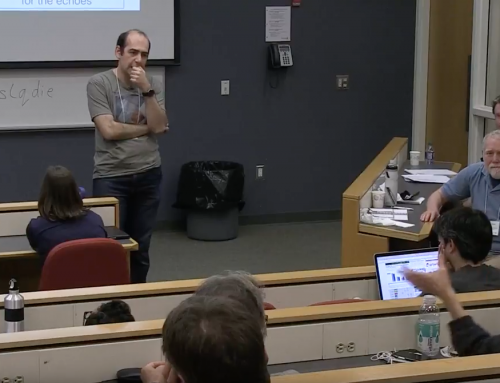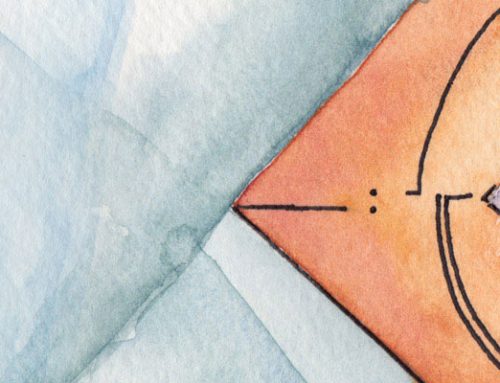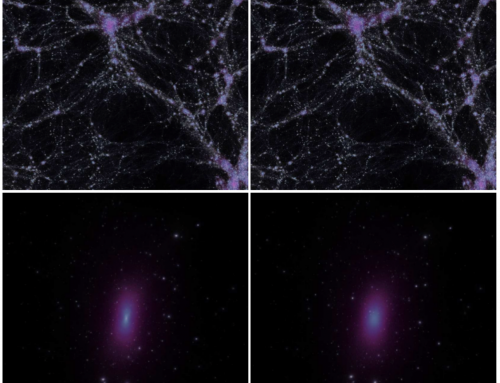Continuing our series of physicists writing about what they find vaulable in philosophy and in talking to philosophers, here’s Lee Smolin.
My knowledge of the history and philosophy of physics helps me understand the challenges, frustrations and puzzles I encounter in my research, by putting them in the context of the long history of fellow human beings searching to understand the nature of space, time, matter and motion. This encourages me to take the long view in which the great discoveries and transformations stand out, putting in needed perspective the day to day frustrations of problem solving and year by year petty impediments arising from the politics of the community of fellow scientists.
My lifelong engagement with philosophy takes two forms. First, I read the great natural philosophers of the past because I understand myself and my fellow physicists to be trying to answer the questions that drove them and because, in spite of the limitations under which they worked, wrestling with the confusions of much earlier versions of physics, without the benefit of centuries of progress, they sometimes understood the problems we face more deeply than many of my colleagues today. For example, Leibniz was, to my understanding, the first to struggle with the main question that we face in trying to make a quantum theory of gravity-how to make a background independent description of a closed universe that contains both all its causes and all its observers. And Peirce was the first to articulate and try to solve the puzzle at the heart of the current debates in cosmology and string theory: what chose the laws that govern our universe? And what chose the initial conditions?
I also read the physicists of the past who, by virtue of both temperament and education, contributed also to philosophy. Indeed, these are best thought of as natural philosophers, which is what we all were before physics and philosophy split. So I read Galileo, Kepler, Newton, Mach, Boltzmann, Bohr and, above all Einstein. And I read them to try to bring to life their ways of thinking, in the hopes this can help our present struggles.
I want to know what Einstein thought—and even more, how he thought—because I understand myself to be wrestling with the same problems he struggled with, indeed with problems created by his discoveries. Quantum gravity. The measurement problem and other puzzles of quantum mechanics. The nature of time in a world with a dynamical spacetime geometry. These problems remain frustratingly unsolved despite almost sixty years of progress since he died. Moreover Einstein was demonstrably smarter and wiser than me, and a far more successful scientist and thinker. How could I not be interested in what he thought about the problems he left to us as his legacy?
Among much else, Einstein succeeded in making a revolution in science—a move many of us feel is necessary now. But our generation has proved to be failures as revolutionaries. I can quote here something my partner in philosophical crime—Roberto Mangabeira Unger—said during the economic crisis about heads of state in relation to Franklin Roosevelt: “Many physicists now facing the current crisis would like to be Albert Einstein. But none of them have any idea how.”
I engage with the philosophical tradition in another way: through conversations and interactions with its living exponents. I find these interchanges extremely stimulating for several reasons. First, because in many cases philosophers are working on the same questions I work on—and developing ideas related to the ideas I hope to establish—but from a bracingly different perspective. I have certainly learned this in spades in my eight years of collaboration with Mangabeira Unger on evolving laws and real time.
Many other interactions with philosophical friends and colleagues, sustained over years, have greatly deepened and provoked my own thinking. The philosophical perspective self-consciously articulates the wisdom achieved by centuries of reflection on science, its progress, and its failures. Furthermore, many philosophers are acutely precise critical thinkers and are able to point out fallacies, mistakes and just plain careless silliness which too often passes among physicists and cosmologists as profound insights. In short, they can be intimidating for undereducated intuitive thinkers that many scientists are.
But, why the recent spate of very smart and charismatic physicists dumping on philosophers? Certainly no one would ever accuse Hawking, Krauss and Tyson as lacking confidence?
The character of science, and the characters of the scientists who dominate and define a scientific community, differs with the challenges they face. Thus, one encounters strikingly different personality types among leading figures in different sciences and, in different periods in a single science. The late 19th and early 20th century was a period of crisis and revolution in physics and those who overcame the crisis were unabashed revolutionaries. Einstein, Plank, Bohr, Poincaré, Schrödinger, Heisenberg, and the other great discoverers of the period were well educated in history and philosophy and it was perfectly natural in their scientific community to quote Plato, Leibniz, Kant and Mach. It may seem ironic, but it is the minds who do most to invent the future who have the greatest engagement with their fellow thinkers in the past. As David Finkelstein once said to me, “To make a leap into the future you need a running start—and what better way to do that than to start with the stimulation of past fellow searchers!”
Once the revolution is made and scientists can make progress by incrementally pushing forward the paradigms the revolutionaries created, a different kind of personality comes to dominate science. These are more pragmatic and less romantic, more technical virtuosos than dreamers with their heads in the philosophical clouds.
The triumph of the pragmatic style in the late 1940s and 1950s marginalized the more foundational style, pushing its exponents out of the elite centres and into smaller universities. The main venue for philosophical reflection in the theoretical physics community became the relativity community, which valued breadth and independence of thought, and which thrived through the 1980s in perhaps a dozen centres, until its foundational orientation was destroyed by the NSF’s pragmatic push to fund support for LIGO and numerical relativity. Meanwhile, particle physics developed rapidly in the pragmatic mode, with great triumphs until progress came to a halt in the early 1980s with the failed searches for proton decay and other signs of unification beyond the standard model.
Since then, fundamental physics has been in a crisis, due to the evident need for new revolutionary ideas—which becomes more evident with each failure of experiment to confirm fashionable theories, and the inability of those trained in a pragmatic, anti-philosophical style of research to free themselves from fashion and invent those new ideas. To aspire to be a revolutionary in physics, I would claim, it is helpful to make contact with the tradition of past revolutionaries. But the lessons of that tradition are maintained not in the communities of fashionable science, with their narrow education and outlook, but in the philosophical community and tradition. And that is why I talk with philosophers and encourage my students to do so.





